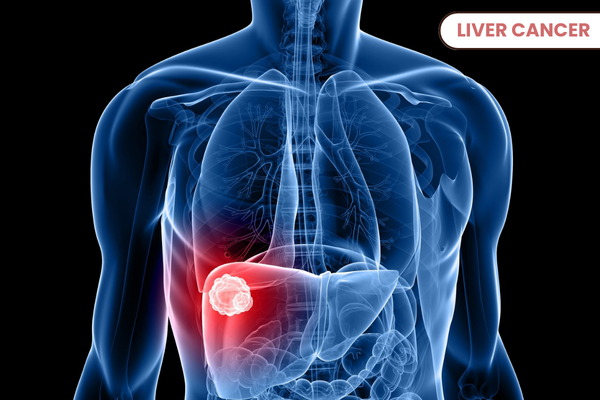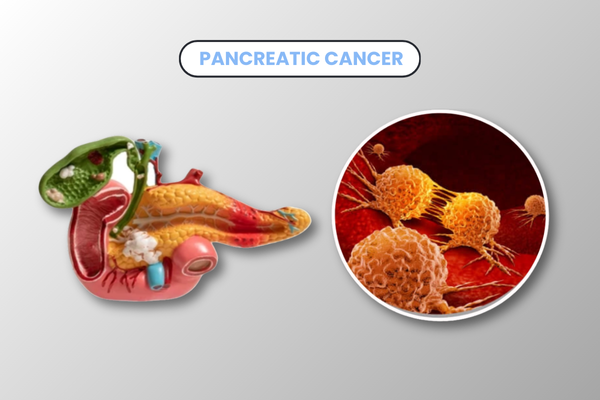Gallbladder Cancer
Gallbladder cancer is a rare but serious disease that starts in the gallbladder—a small organ located just below the liver. The gallbladder stores bile, a fluid that helps in digesting fats. Although small, this organ can develop cancer, especially if certain risk factors are present.
What is Gallbladder Cancer?
Gallbladder cancer happens when abnormal cells grow uncontrollably in the gallbladder. These cells can form a tumor and may spread to nearby tissues and other parts of the body. Most gallbladder cancers begin in the innermost layer of the gallbladder and then spread outward.
Who is at Risk?
Anyone can get gallbladder cancer, but some people have a higher risk. Common risk factors include:
- Gallstones: Most people with gallbladder cancer have a history of gallstones.
- Chronic inflammation: Long-term inflammation or infection of the gallbladder can increase risk.
- Age and gender: It's more common in people over the age of 65 and is seen more often in women than men.
- Family history: Having a family member with gallbladder cancer may slightly increase your risk.
- Obesity: Being overweight is also linked to a higher chance of developing gallbladder problems, including cancer.
Signs and Symptoms
Gallbladder cancer often doesn’t cause any symptoms in the early stages. When symptoms do appear, they may include:
- Pain in the upper right side of the abdomen
- Nausea and vomiting
- Jaundice (yellowing of the skin and eyes)
- Fever
- Unexplained weight loss
- A lump in the abdomen
Since these symptoms can be similar to other common gallbladder issues, gallbladder cancer is often diagnosed at a later stage.
How is it Diagnosed?
If a doctor suspects gallbladder cancer, they may recommend:
- Ultrasound or CT scan: To get a picture of the gallbladder and nearby organs.
- MRI: To get more detailed images.
- Blood tests: To check liver function and look for signs of cancer.
- Biopsy: In some cases, a sample of tissue is taken to confirm the diagnosis.
Treatment Options
Treatment depends on how far the cancer has spread. Options include:
- Surgery: If the cancer is caught early, the gallbladder and part of the liver may be removed.
- Chemotherapy: Uses drugs to kill cancer cells.
- Radiation therapy: Uses high-energy rays to target and destroy cancer cells.
- Palliative care: Helps relieve symptoms and improve quality of life in advanced stages.
Can it be prevented?
While there’s no sure way to prevent gallbladder cancer, you can lower your risk by:
- Maintaining a healthy weight
- Eating a balanced diet
- Treating gallstones and other gallbladder problems early
Final Thoughts
Gallbladder cancer may be rare, but being informed can make a difference. If you experience any unusual abdominal symptoms, especially if you have a history of gallstones, don’t ignore them. Early diagnosis can lead to better outcomes. Regular health checkups and a healthy lifestyle are key to reducing your risk.
Leave a Reply
Your email address will not be published. Required fields are marked *

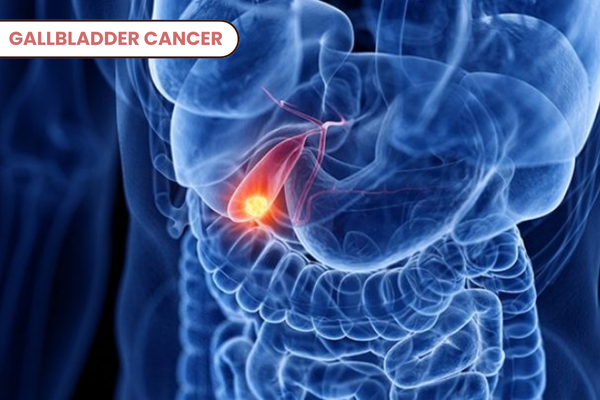
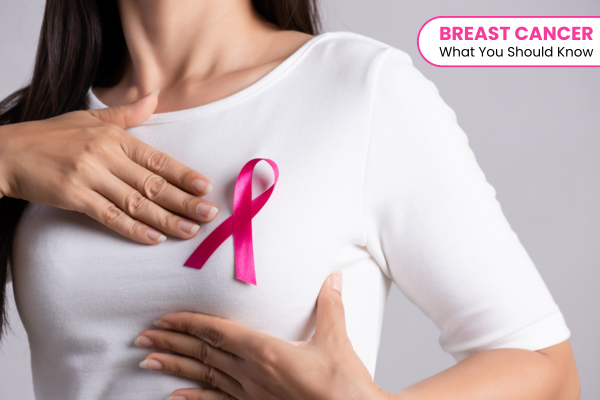
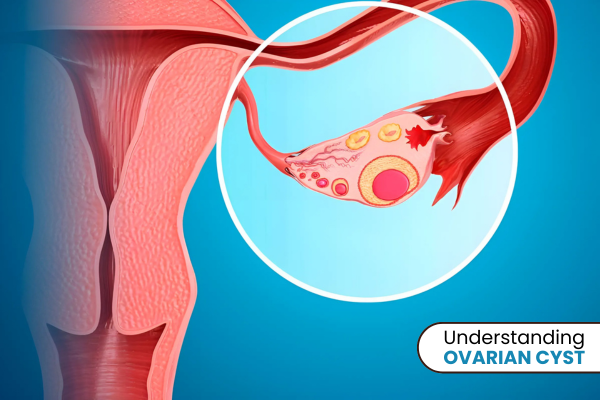
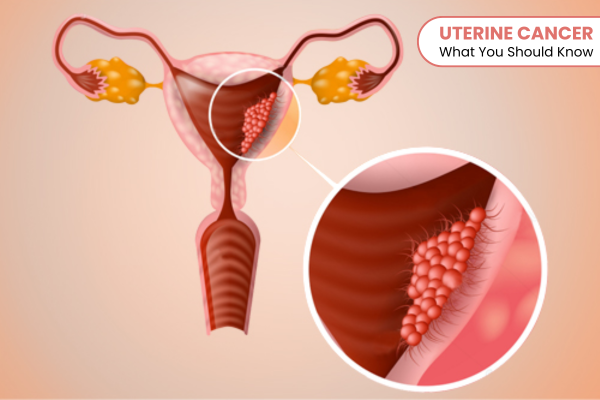


.png)



